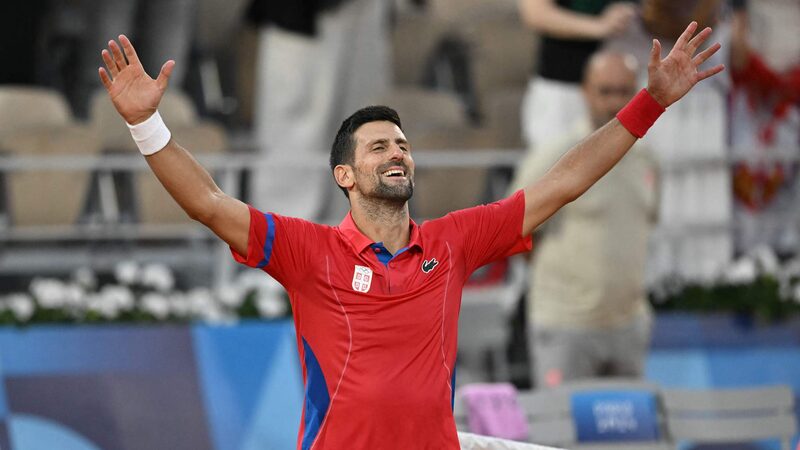Novak Djokovic isn't slowing down! 🌟 The Serbian tennis legend crushed Russia's Roman Safiullin 6-1, 6-2 at the Monte Carlo Masters on Tuesday, proving he's still got the magic. Up next? A rematch with Italy's Lorenzo Musetti, who stunned him in last year's tournament. 🎯
But the real headline? At 36 years and 321 days, Djokovic just dethroned Roger Federer as the oldest ATP No.1 in history. Talk about aging like fine wine 🍷! The 24-time Grand Slam champ (and two-time Monte Carlo winner) joked about sharing the spotlight with Rohan Bopanna, the oldest doubles No.1: "We have a combined age of 80—though he's carrying most of that!" 😂
With this win, Djokovic cements his legacy as a living tennis GOAT 🐐. Will he reclaim Monte Carlo glory? All eyes are on his clash with Musetti! 👀
Reference(s):
Djokovic wins Monte Carlo opener, eclipses Federer for oldest top rank
cgtn.com






